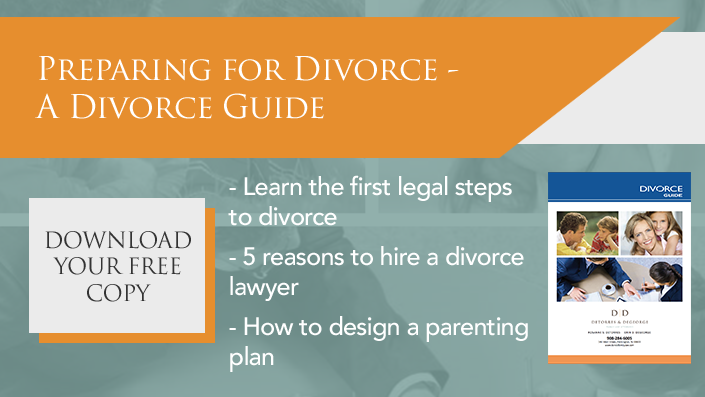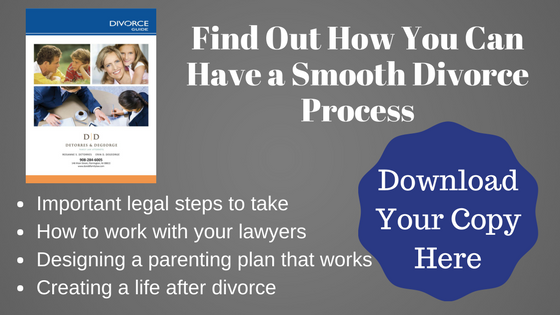Same sex marriage was legalized in New Jersey in October, 2013, allowing same sex couples to obtain the same privileges as opposite sex couples. With same sex marriage comes same sex divorce. There are a few things you need to know about ending your relationship based on the changes to the law.
If you were married after October 2013 in the state of New Jersey, or you were married in another state and meet the residency requirements to file for divorce in New Jersey, you will file for divorce in exactly the same way a heterosexual couple would. There is no difference under the law.
If you took steps to legalize your union under prior New Jersey laws before marriage was legal, the process you follow is different. If you previously had a civil union or a domestic partnership, then got married when the law changed, and are now getting a divorce, you will also need to take additional steps to end the civil union or domestic partnership, each of which remains intact without a dissolution. In addition to filing for divorce, your attorney will also file a complaint for dissolution, so that you will be able to end all of your legal ties to each other.
If you have a civil union or domestic partnership, but have not married, your union will be dissolved when your attorney files for dissolution of that union or partnership. You do not need to and cannot file for divorce. Equitable distribution (division of your assets) and alimony are not part of the process for domestic partnerships, although they can be for civil unions.
DeTorres & DeGeorge proudly represents same sex couples in all family law matters, including divorce, dissolution, custody, child support, alimony and more in Tewksbury, New Jersey and the surrounding areas. Call us now at 908-284-6005 to schedule an appointment.


 START LIVE CHAT
START LIVE CHAT











